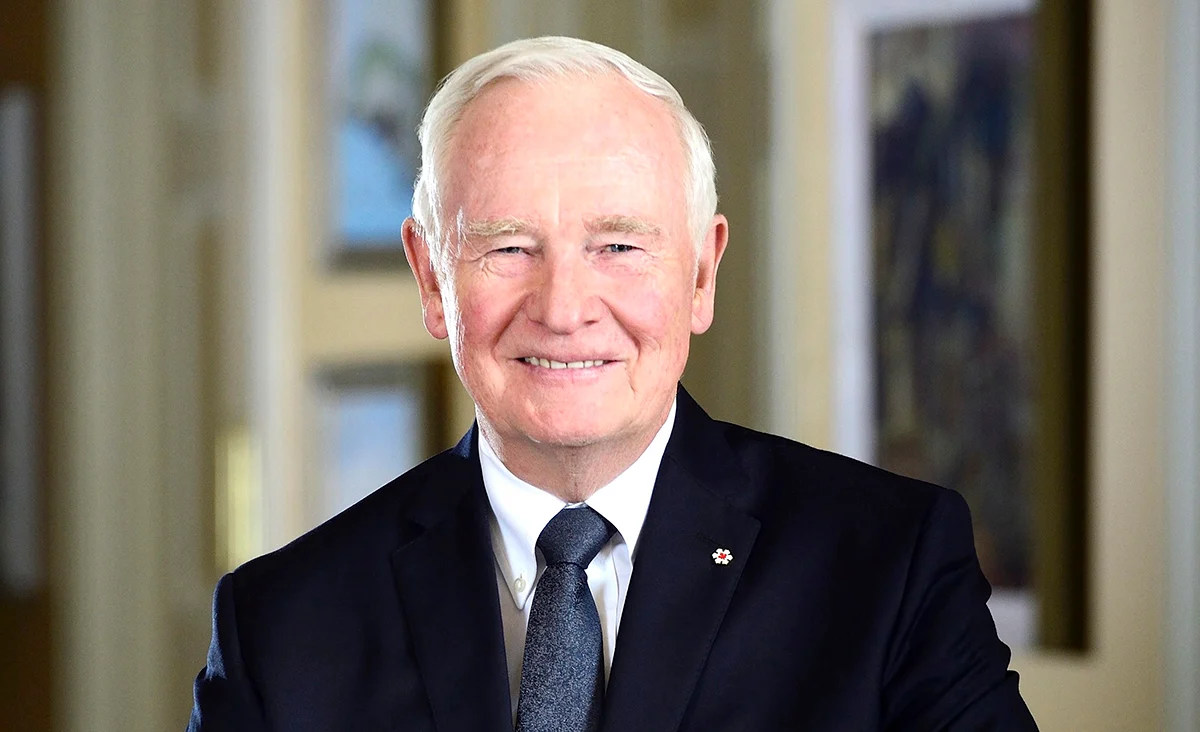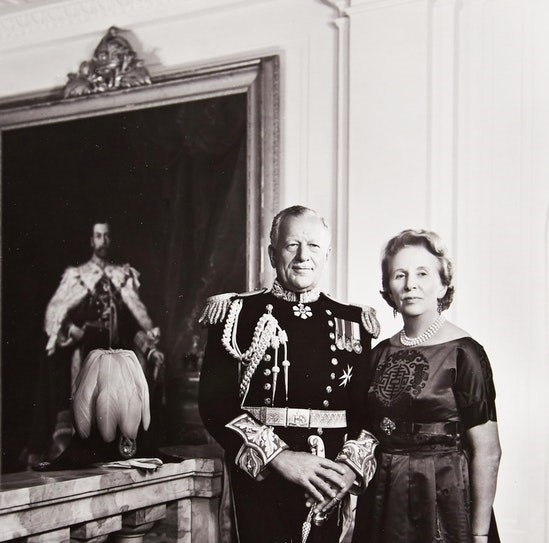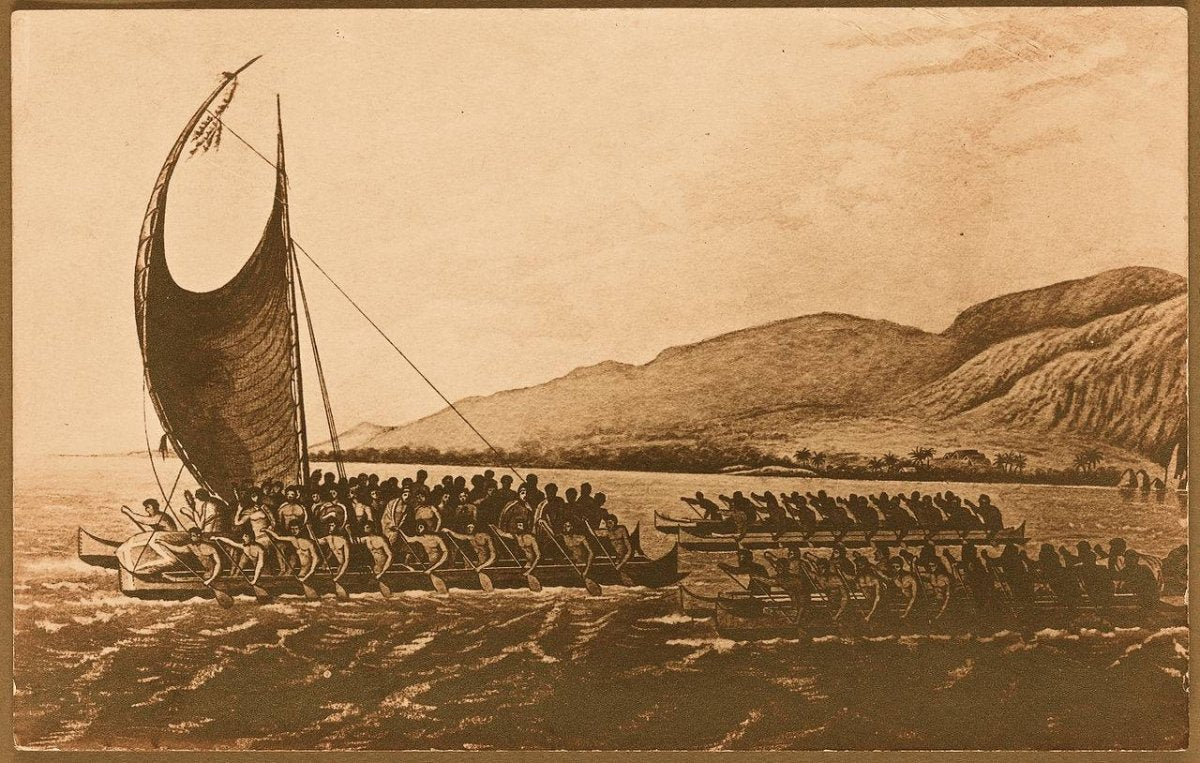
David Johnston: A Distinguished Governor General of Canada
admin
- 0
littlecellist.com – David Johnston served as the 28th Governor General of Canada from 2010 to 2017, a period during which he demonstrated strong leadership, fostered unity, and promoted Canadian values of inclusivity, innovation, and community service. Known for his calm and thoughtful approach to his duties, Johnston’s tenure as Governor General was marked by his emphasis on education, youth engagement, and strengthening the bonds between Canadians and their communities. He brought a unique background as an academic and public servant, which shaped his approach to the role.
As Governor General, Johnston worked to bridge gaps in Canadian society, championing the importance of volunteerism, civic responsibility, and national cohesion. His efforts helped enhance the role of the Governor General as not only a ceremonial figurehead but also as an advocate for positive social change and Canadian progress.
Early Life and Academic Career
David Johnston was born on June 28, 1941, in Sudbury, Ontario. Raised in a family with a strong emphasis on education, Johnston pursued his academic studies with a passion. He completed his undergraduate degree at Harvard University, where he earned a Bachelor of Arts in history. He later earned a Master of Arts and a Doctorate in Law from the University of Cambridge.
Johnston’s early academic career was distinguished by his leadership in legal and educational fields. He became a professor at the University of Western Ontario, where he specialized in law, before becoming a recognized figure in higher education. Johnston’s deep understanding of the legal system, governance, and public policy made him well-prepared for the responsibilities of the Governor General’s office.
Before being appointed Governor General, Johnston had a long and impactful career in academia and public service. He served as the president of the University of Waterloo for over a decade, where he played a pivotal role in the institution’s expansion and development. His leadership at the university was recognized for transforming the institution into one of Canada’s leading universities, known for its innovation in research and education.
Appointment as Governor General
David Johnston was appointed Governor General of Canada by Queen Elizabeth II on September 27, 2010, succeeding Michaëlle Jean. His appointment was widely praised, as it reflected both his distinguished academic background and his deep commitment to public service. As a well-respected figure in Canadian education and public life, Johnston’s appointment was seen as an ideal fit for the role of Governor General.
Johnston’s background in law and education informed his approach to the office, which was rooted in a deep respect for Canadian democracy, institutions, and values. His tenure as Governor General was marked by a more hands-on approach to the role, and he worked tirelessly to strengthen the connection between the Governor General’s office and the people of Canada.
Promoting Education and Innovation
One of the key themes of David Johnston’s tenure as Governor General was his strong focus on education and innovation. He believed that the future of Canada depended on fostering a highly educated and creative population capable of driving economic and social progress. Johnston saw education as the key to unlocking opportunities for young Canadians and ensuring that Canada remained a global leader in research, technology, and innovation.
During his time in office, Johnston advocated for the importance of science and technology in shaping the future of Canada. He often spoke about the need for Canadians to invest in research and development, particularly in areas such as information technology, renewable energy, and health sciences. His leadership in this area included supporting initiatives that encouraged Canadian youth to pursue careers in science and technology and working to strengthen partnerships between academia, industry, and government.
Johnston’s commitment to education extended beyond the realm of science and technology; he also emphasized the value of a well-rounded education that included the arts and humanities. He believed that a balanced education, incorporating both the practical and creative, was essential for developing the critical thinking skills needed to address the complex challenges of the 21st century.
Youth Engagement and Volunteerism
David Johnston placed a significant focus on engaging Canada’s youth during his time as Governor General. He was a strong advocate for volunteerism and civic engagement, believing that the younger generation had an important role to play in building stronger communities and contributing to the country’s development. Johnston was particularly interested in creating opportunities for young Canadians to become involved in service and leadership activities.
One of his notable initiatives was the creation of the Governor General’s Youth Volunteer Award, which recognized young Canadians who demonstrated exceptional commitment to their communities through volunteerism. This award encouraged young people to actively contribute to society and highlighted the importance of service to others as a core Canadian value.
Johnston also worked to increase youth engagement in Canada’s democratic processes. He believed that young Canadians needed to be informed and active participants in shaping their country’s future, whether through voting, community service, or leadership roles. By emphasizing the importance of engagement and active citizenship, Johnston hoped to instill a sense of responsibility in the next generation of Canadians.
Building National Unity
Another central theme of David Johnston’s tenure was his emphasis on national unity. Throughout his time as Governor General, Johnston worked to foster a sense of connection between Canadians from diverse regions, backgrounds, and cultures. He believed that the strength of Canada lay in its ability to embrace its diversity and find common ground among its people.
Johnston regularly traveled across the country to meet with Canadians from all walks of life. His visits to provinces and territories helped strengthen ties between the Governor General’s office and local communities, and he used these opportunities to listen to the concerns and aspirations of Canadians. His efforts to connect with people in remote and rural areas, as well as urban centers, were part of his broader strategy to unite the country and celebrate its diversity.
In addition to his national outreach, Johnston worked to deepen the relationships between Canadians and Indigenous peoples. He supported reconciliation efforts and made it a priority to engage with Indigenous communities to understand their unique challenges and promote positive change. His work helped raise awareness of the need for continued efforts toward reconciliation and the building of trust between Indigenous peoples and the broader Canadian society.
International Diplomacy and Leadership
As Governor General, David Johnston also played an important role in representing Canada on the world stage. His international diplomacy efforts were characterized by his focus on promoting Canadian values of peace, democracy, and human rights. Johnston represented Canada at various global forums and worked to strengthen Canada’s diplomatic relationships with countries around the world.
Johnston’s background in international relations and law made him an effective representative for Canada’s interests abroad. He was particularly active in advocating for issues such as global health, education, and environmental sustainability. Under his leadership, Canada’s commitment to supporting international humanitarian efforts, particularly in the areas of education and peace-building, was reinforced.
Legacy and Impact
David Johnston’s tenure as Governor General left a lasting impact on Canadian society, particularly in terms of his work in promoting education, volunteerism, and national unity. His focus on youth engagement and his advocacy for science, technology, and innovation helped shape Canada’s future trajectory, encouraging the next generation of Canadians to pursue careers in areas that would contribute to the nation’s growth and prosperity.
Johnston’s efforts to build a more connected and cohesive Canadian society were also notable. By engaging with Canadians across the country and prioritizing issues of reconciliation and social justice, he helped foster a sense of shared responsibility and unity among the nation’s diverse peoples.
His leadership of the Governor General’s office helped modernize the role, emphasizing the importance of connecting with Canadians and contributing to the broader national discourse. Johnston’s legacy is one of thoughtful leadership, service to others, and a commitment to building a better future for Canada.
Conclusion
David Johnston’s seven-year tenure as Governor General of Canada was marked by a dedication to education, innovation, volunteerism, and national unity. His leadership in these areas helped shape a more engaged, forward-thinking, and cohesive Canadian society. Through his work, Johnston helped elevate the role of the Governor General and strengthened the bonds that unite Canadians from all walks of life. His legacy will continue to inspire future generations of Canadians to contribute to the common good and work toward a better, more inclusive society.


